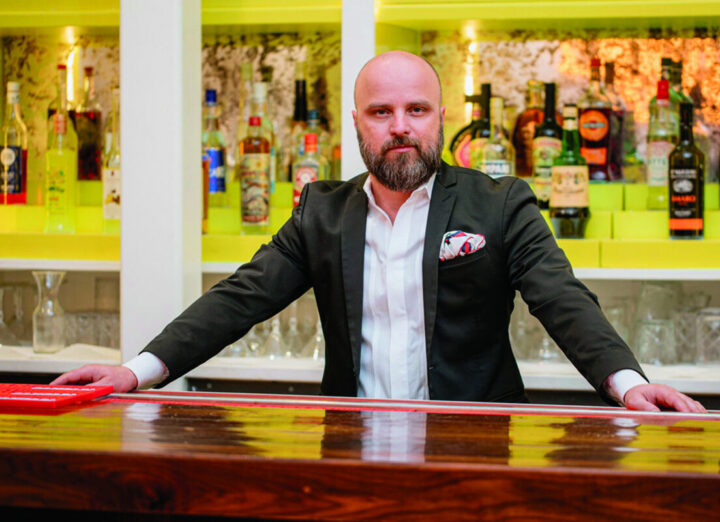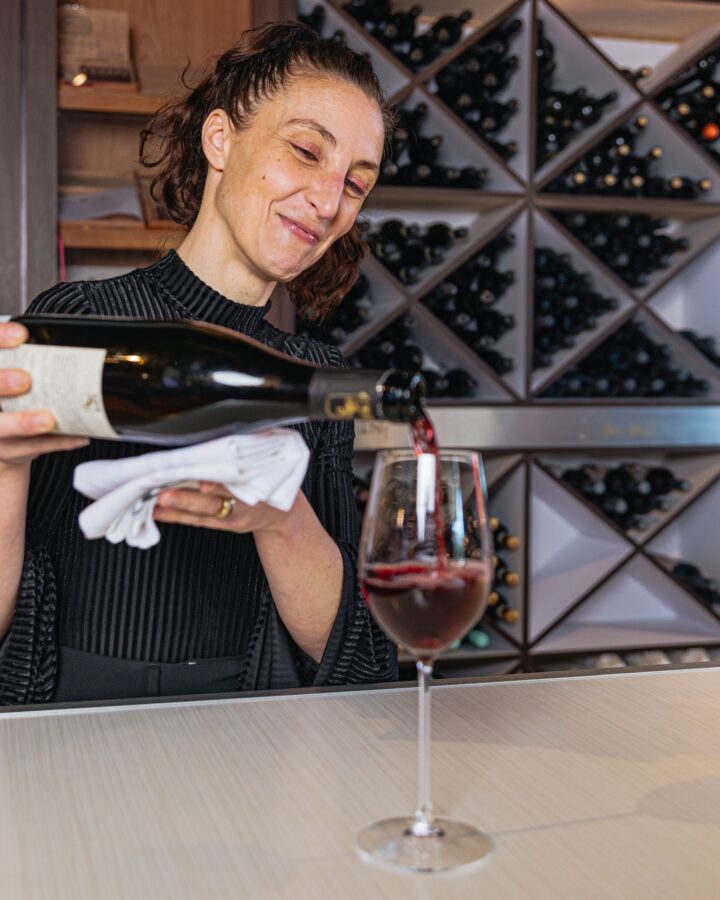
Financial analysts have been talking about a looming recession for a year or more, and while that might be cause for concern in many industries, bartenders are not in panic mode. The bar industry has long been described as recession proof. Indeed, when times are tough people often turn to their neighborhood watering hole for comfort and camaraderie. As discretionary spending tightens, bars and restaurants are certainly affected, but 2023 has beaten most of the odds and proven wrong the cautionary financial predictions that started this year.
According to the National Restaurant Association, the restaurant and bar industry is expected to reach $997 billion in sales this year, up from $898 billion in 2022. What’s more, the staffing issues that plagued restaurants and bars during the Covid-19 pandemic have lessened, as the National Restaurant Association expects the foodservice industry workforce to grow by 500,000 jobs this year.
“The bar has proven itself to be one of the most stable businesses during economic downturns,” says Aaron Thompson, cofounder and co-owner of the aperitivo bar Brother Wolf in Knoxville, Tennessee. “Subtle changes in discretionary spending are often the primary indication that something is amiss. But it seems that no matter what the economy at large is doing, people will always crave socialization and community.”

Thompson knows all about operating a bar during tough economic times. Brother Wolf opened in 2021, during the height of the pandemic, and has thrived ever since. Thompson and his business partner Jessica King operated the craft cocktail bar Sapphire in Knoxville prior to debuting Brother Wolf, having purchased that venue in 2008 at the start of the Great Recession. Sapphire was a cocktail destination in Knoxville for more than ten years and only closed because the owners’ lease was up and the building in which it resided changed hands. Thompson says prices have increased a bit at Brother Wolf over the last couple years, but he hasn’t seen major pushback from customers.
“We believe the quality of our products speak for themselves,” Thompson adds, noting that guests understand costs are rising across the board, which have forced on-premise operators to increase their prices. “By continuing to give guests a unique experience, we expect our business to continue to grow. The long-held theory that bars are recession proof is partly true, but certain factors have to be present for that. A bar has to have an affordable lease, practical debt, good management and staff, and a quality product.”
Allegra Angelo, the wine partner and sommelier at Vinya Wine, which encompasses three venues in Florida, says on-premise operators have to love the industry and their venue to weather economic uncertainty. In addition, she says managers have to find creative ways to cut costs in some areas to offset their increases in others. “Consumers are more demanding and vocal,” she says. “They’re still willing to spend, but they want to feel the worth of every penny. From a cocktail napkin to an Amarena cherry garnish to a delivery fee for large ice cubes, the cost of goods lives everywhere. The easy solution is to raise prices. The better solution is to cut costs behind the scenes, develop long-term relationships, and strategize deals.”
Angelo says her venues offer guest incentives like low-cost wines by the glass and no-corkage-fee days to keep guest traffic steady, and she adds that diversifying the company’s offerings to include wine retail and wine-themed events has also boosted business. “We have the manpower and creativity to find other ways to generate revenue when we experience a decline,” Angelo says. “When the economy falters, the frequency of key, dependable regulars declines. But in general, people still go out and drink, and still spend well, even if they go out less. Value lives everywhere. It’s our job to find it and share it with the consumer. If we stick to what we’ve been doing, we’ll be okay.”